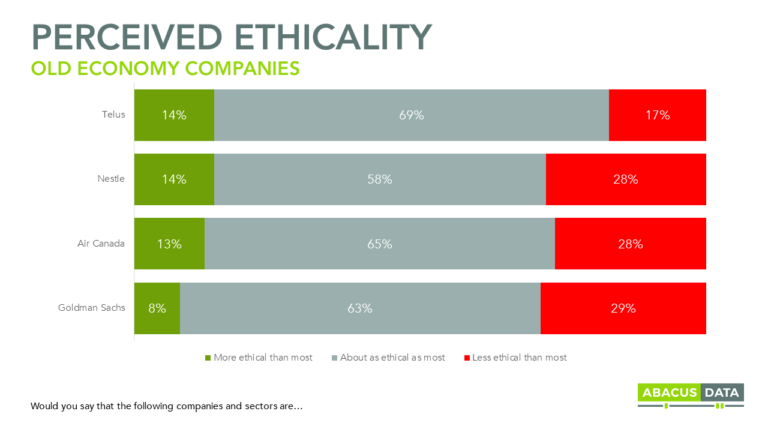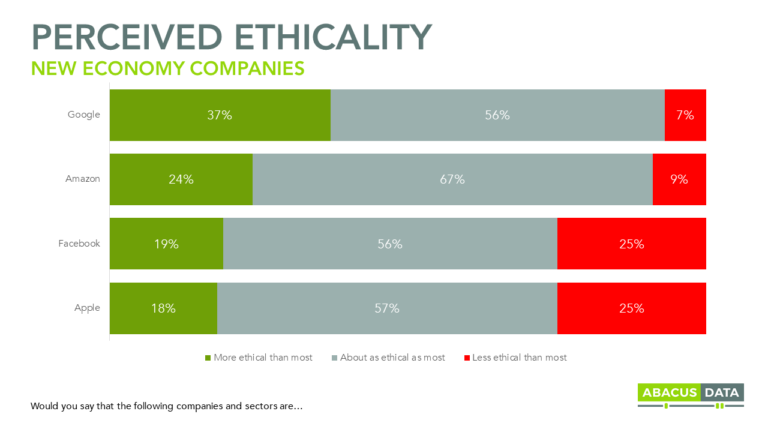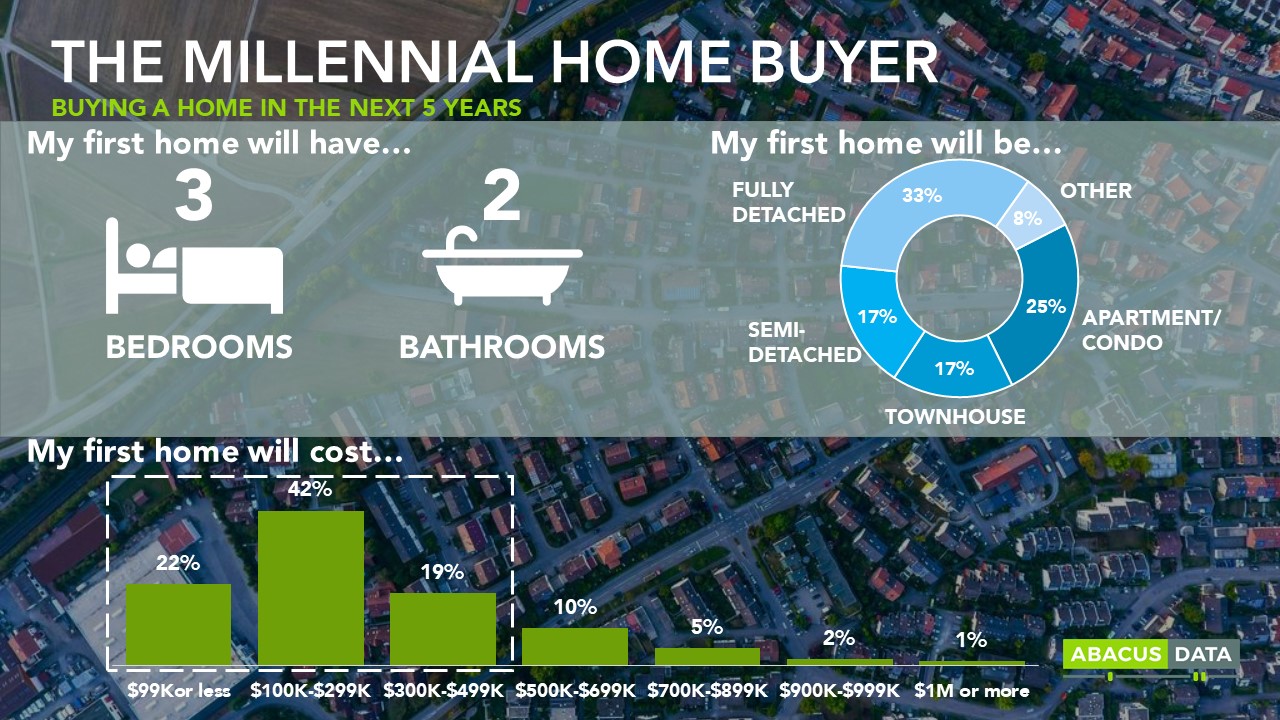Digital Halos: The next generation of social license
April 17, 2018
“Silicon Valley start-up”
Now tell me, after reading those words what was the first thing that came to your mind? Well, if you’ve been watching the news you probably thought of Facebook’s Mark Zuckerberg talking to the US Government House and Senate committees over allegations of misuse of user data. But once your mind travelled beyond that you probably reflected on Google’s playhouse/office space or Apple’s sleek cult of products. Generally, we have a vision of smart, innovative firms staffed by cool young people that are fantastically smart and build revolutionary products. They are generally ecologically conscious, treat people fairly, and give back to their communities.
When we ask Millennials to describe what an ethical company looked like, descriptions like the ones above were provided. So, it was no surprise that when we asked Millennials to rank a series of companies on how ethical they were that new economy tech firms held the top spots.


“The Four,” Google, Amazon, Facebook, and Apple were all at the top of our list. And despite the negative headlines some of them get, Millennials are simply enamored with these companies and their technological marvels. Covered by slogans like, “don’t be evil” –Google, “the everything store” –Amazon, “move fast, break things” –Facebook, or “think differently” –Apple; people, especially Millennials, are willing to forgive slip-ups and mis-steps and perceive these companies as sterling ethical actors. However, if we were to quantify ethicality, say by how much each company spends on their corporate social responsibility initiatives, we find that perception isn’t necessarily correlated with money spent. Looking at education initiatives for instance, the area that we have the best data for and an area that is prioritized by all of “The Four”, we find that none of them are in the top ten education spenders. Those positions are held by: Banco Santander ($197m), IBM ($144m), Telefonica ($130m), Exxon Mobil ($116), Target ($95m), GlaxoSmithKline ($87m), Microsoft ($87m), Toyota Motor ($84m), Rio Tinto Group ($82m), Wells Fargo ($82m), as calculated by UNESCO and the Varkey Foundation.
This halo effect isn’t new nor is it a simply Millennial trait. Looking back a little over a century ago, we can find the same halos surrounding the early American industrialists like the steel enterprises of Carnegie and the assembly lines of Ford, and textile mills of east coast. These now “old economy” firms were once new, and generated similar excitement to our present-day technological titans. Carnegie’s steel mills were known for their hellish working conditions, Ford was known for his skimpy wages, and the mills were a congress of child labour. Yet, they were shiny, new, and an ocean removed from most critical Europe (not that conditions were any better there).
There is a quote from Douglas Adams, author of The Hitchhiker’s Guide to the Galaxy, in which he describes the 3 rules of human reaction to technology.
“Rule 1: Anything that is in the world when you’re born is normal and ordinary and is just a natural
part of the way the world works.
Rule 2: Anything that’s invented between when you’re fifteen and thirty-five is new and exciting and
revolutionary and you can probably get a career in it.
Rule 3: Anything invented after you’re thirty-five is against the natural order of things.”
This colloquialism, pretty well describes the generational difference in company perception. Even within the Millennial cohort we see that those born before 1990 have a slightly less paradisiacal view of these companies, scoring them on average 3 points less ethical than those born after 1990. And this inflection point coincides with those who can remember a life before the internet and those that can’t. To the younger half of Millennials, Facebook is all they have known, its actions that Boomers take so much offense to barely registers on the Millennials’ radar. To them, Facebook, Amazon, Apple, and Google are operating how they’ve always done. They are part of the natural order of things and their rhetoric and organizational culture acts as the baseline for how Millennials expect companies to act. These halos, fade with time but generally seem to follow generations as they get older. So will these silicon angels fall from grace? Save a major scandal, probably not. But will these halos fade? Most definitely. New becomes old and innovative becomes archaic these tech start-ups are enjoying the usual favour of all new companies without a history. Millennials who have grown up with them enjoy them because the make modern life possible, just as the steel mills and textile factors of the last century made modern life useful. The next generation will have its darlings, and well see how these Millennial companies fair in the eyes of the next generation.
The majority of this data came from the Canadian Millennials Report which is Canada’s largest reoccurring syndicated publication dedicated to understanding the views of Canadian Millennials. We survey 2,000 Millennials twice a year tracking their attitudes over time and their perceptions of current issues.
At Abacus Data we take understanding the next generation seriously. We are the only research and strategy firm that can help your business or organization respond to the unprecedented threat of generational change and technological disruption. If you want to know how your business or organization can succeed in the Millennial Marketplace Contact us to learn about our array of bespoke products and services that can make you an industry leader.



